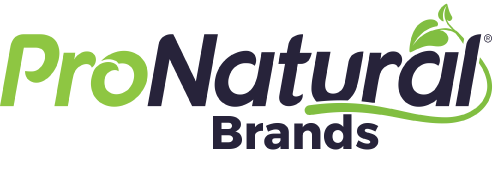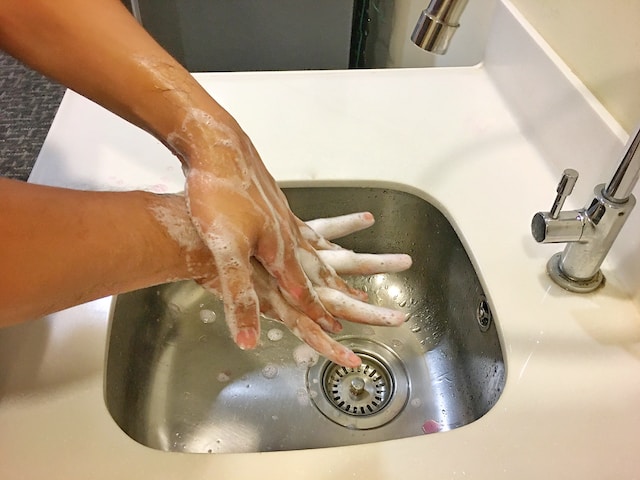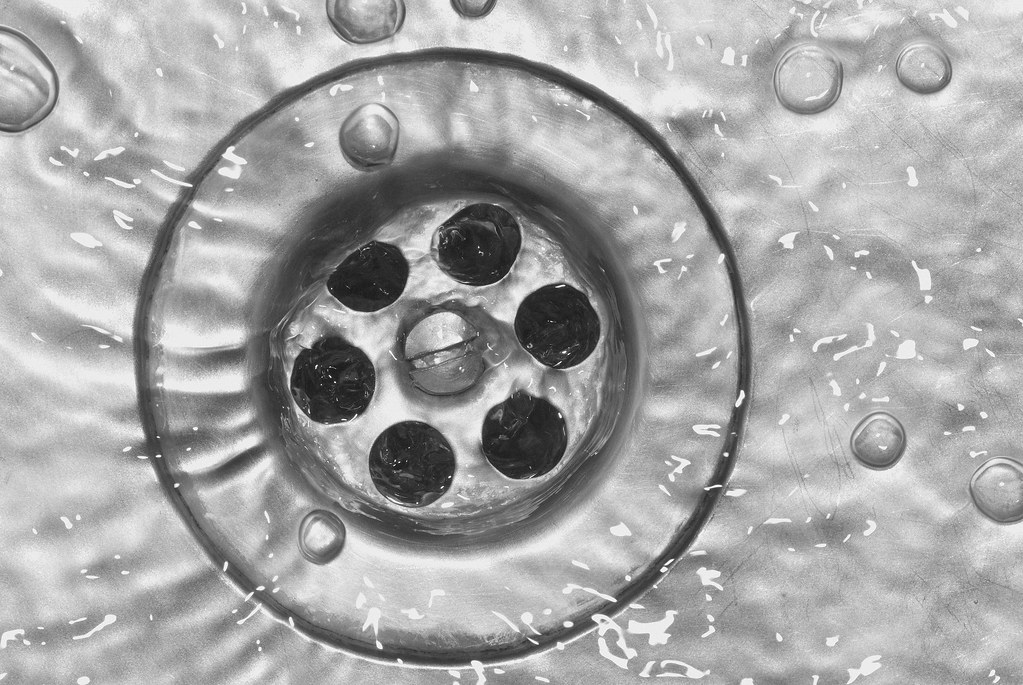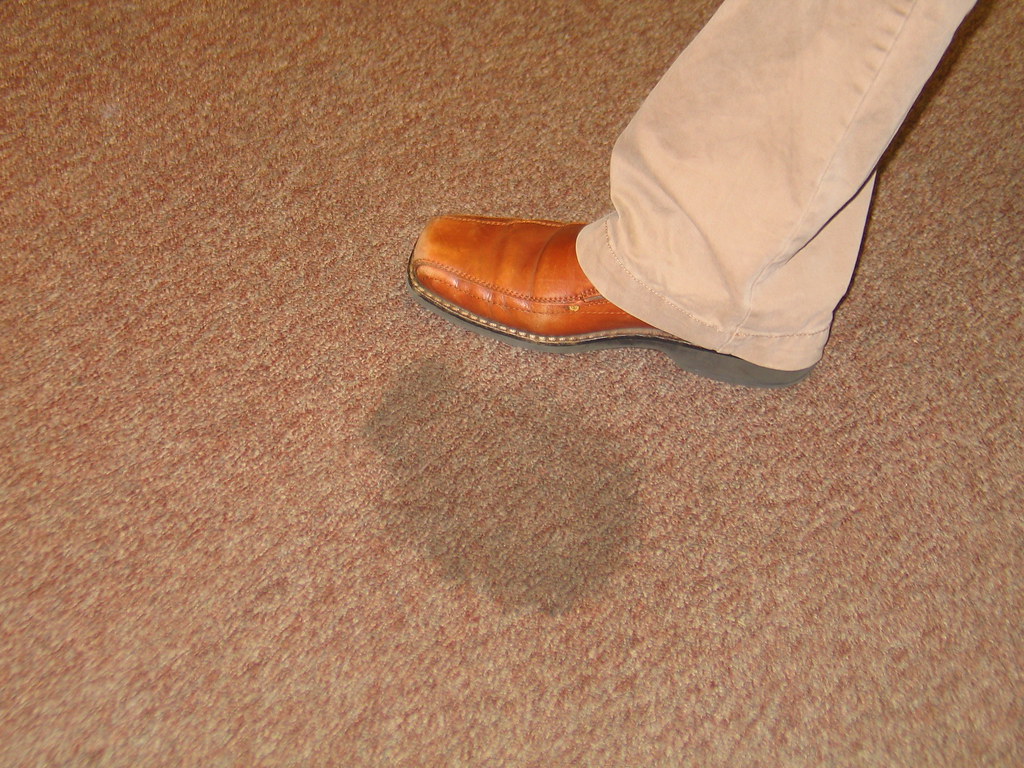President Joe Biden signed Executive Order 14057 in December 2021 to protect the environment. The order has several initiatives, but its primary focus is on sustainability.
Although the Order primarily applies to U.S. government-owned and -operated facilities, it encourages other privately and publicly owned facilities to follow suit. Additionally, it boosts innovation by attracting investors to develop technologies that help implement mandated initiatives.
Sustainability in Section 208 of the Order Specifies that:
Government-owned/operated facilities should prioritize the purchasing and use of products that can be reused, refurbished, or recycled. This maximizes environmental benefits and cost savings using full lifecycle cost methodologies, purchasing products that contain recycled content, are biobased, or are energy and water efficient.
Citric acid cleaning solutions play a role in this section, particularly biobased and water-efficient ones. Steve Ashkin, the professional cleaning industry’s leading advocate for Green Cleaning, defines green-certified cleaning solutions as products that have a “reduced impact on the user, building users, and the environment.”
While green cleaning solutions are not necessarily sustainable, citric acid cleaners are. Citric acid cleaning solutions are made from lemons, oranges, and limes, making them naturally environmentally friendly and ideal for sustainable cleaning products.
Why are Lemons and Limes So Important in Sustainability?
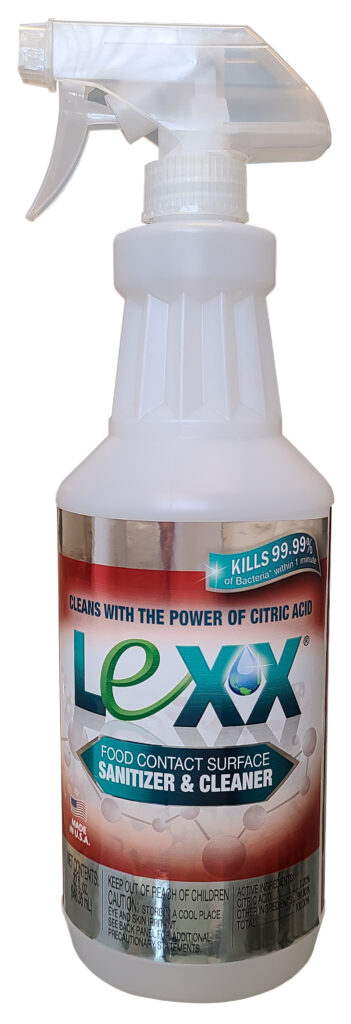
When evaluating the sustainability of an organization, the three P’s – people, planet, and profit – are commonly used as a framework. It is becoming increasingly important for businesses to prioritize sustainability, with evaluations already taking place.
Citric acid cleaners are a vital ingredient in helping organizations meet their sustainability targets while being safer for both users and the environment when compared to traditional cleaning products. To determine their efficacy, a study by the San Francisco Department of the Environment recommended citric acid cleaning solutions as environmentally friendly and effective.
The report also noted that citric acid is a safe ingredient that does not cause harm to human health, and some citric acid disinfectant cleaners have been proven to eliminate the pathogen that causes COVID-19. Facility managers may need due diligence when selecting the most effective citric acid cleaners from different manufacturers.
Cards on the Table about Lemons and Limes
In the professional cleaning industry and among facility managers, citric acid cleaners are gaining more attention. However, there are a few important things to consider when using these cleaners. Firstly, the word “acid” may cause concern, but citric acid is a very mild acid. The pH of citric acid cleaning solutions ranges from three to six, with neutral being seven. Using citric acid to clean wood surfaces is not recommended as it can damage the wood, including wood floors.
Similarly, it should be avoided when cleaning marble, granite, or certain other types of stone, as it can potentially dissolve the stone. Citric acid was initially used to clean heavy metal parts in manufacturing but should not be used to clean copper or brass metal surfaces. Overall, citric acid cleaners are effective, safe, and sustainable. They are also cost-effective and high performing, making them an excellent option for facility managers and cleaning contractors who prioritize sustainability.
Hannah Jonasse is Marketing Director for ProNatural Brands, LLC, manufacturers of natural, sustainable cleaning solutions made from citric acid, which are designed to protect human health and the environment.
